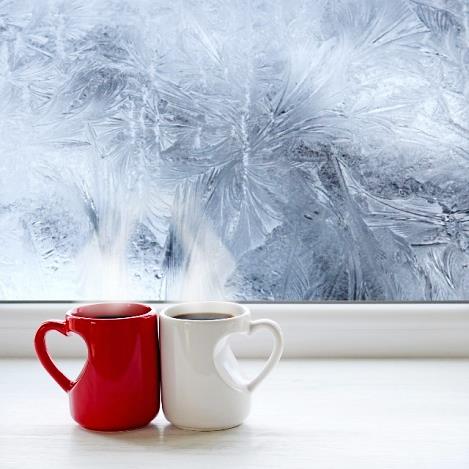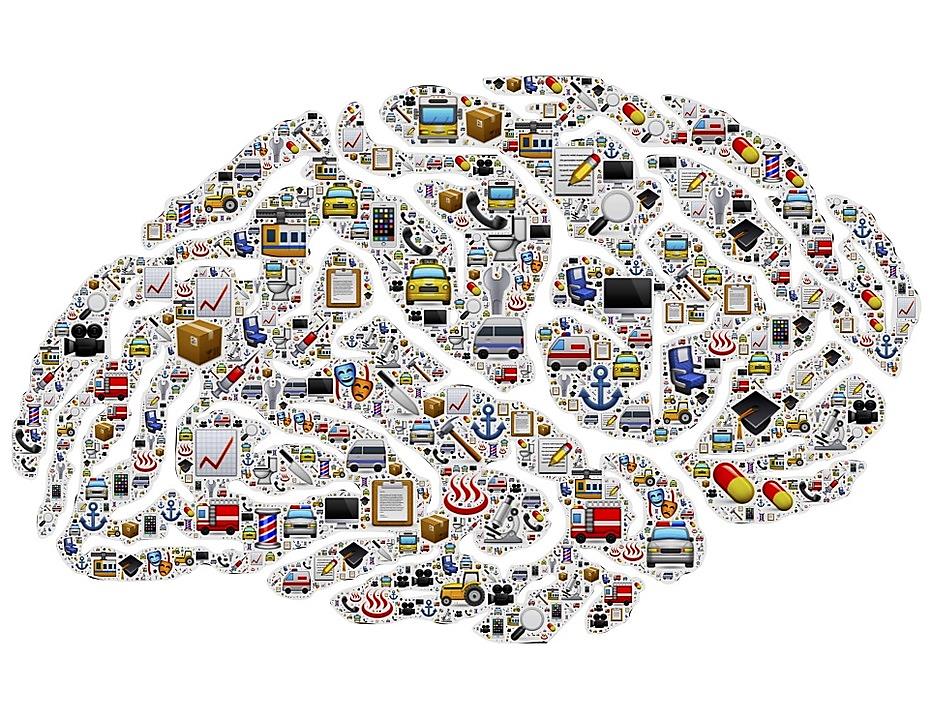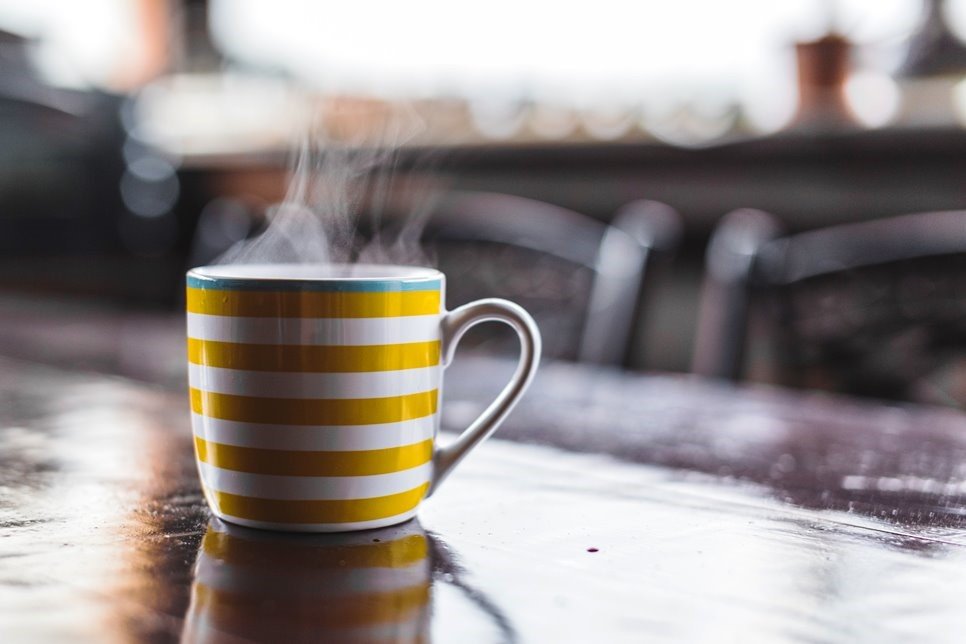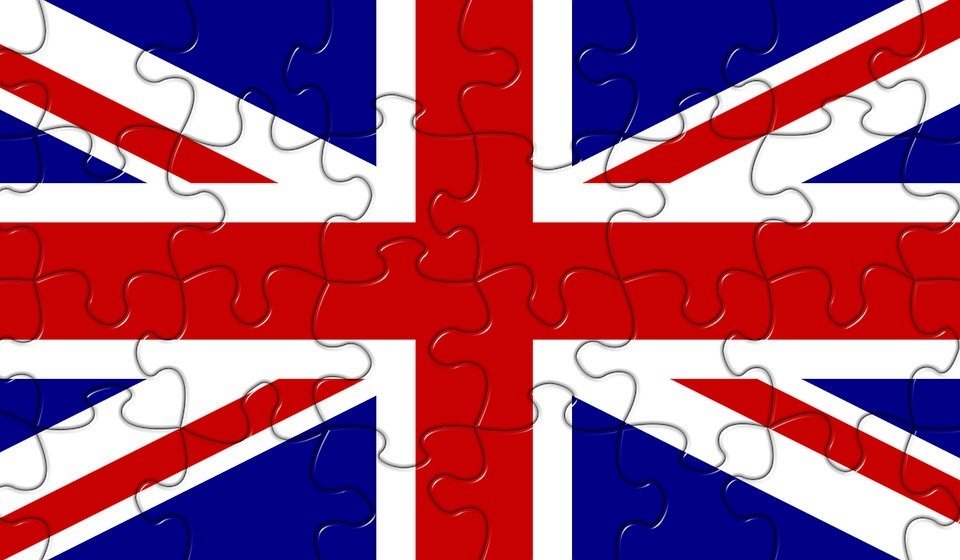
by Fern Shaw | Feb 12, 2020 | Uncategorized
As we pile on the layers, wrap up warmly, turn up the heat and miss the usual thirst signals, it’s understandable that we may believe that we need to drink less water than we would when it’s warmer.
The exact opposite is true though.
Expelling water vapour means you’re dehydrating. Although we aren’t sweating as much, our bodies lose moisture in other ways – a clear indication is the water vapour we puff out from our nose and mouth when we’re outside in the cold.
Exercise as much as you do when it’s warmer. If you’re experiencing mid-afternoon slump or need a serious shot of caffeine post lunch to stave off feeling fatigue, you are most likely already dehydrated. We function more slowly when dehydrated, to avoid this, maintain regular hydration habits: at the very least ensuring that you’re drinking water throughout the day. As when it’s warmer, treat the water cooler at your premises as your new best friend, visit often and replenish your water. By keeping moving and active, you’re helping your body function better.
Keeping winter hydrated helps your body’s immune system. Another factor of dehydration is the weakening of our immune system barriers: the mucous membranes in our lungs and sinus passages can dry out, thereby reducing their resistance to infections. By keeping ourselves properly hydrated, we can better ensure that the barriers used to protect our bodies from colds and flu remains intact and functioning properly.
Stave off winter weight gain. The temptation to hibernate is (understandably) strong during dark days and cold nights. Sadly, we’re not bears and we don’t get to sleep through winter living off the fat we’ve accumulated through the summer months. Ignore the instinct to reach for the comfort food – at the very least, drink a glass of water before your next meal. Our brain often mistakes thirst for hunger, which means that after drinking water, not only will that hunger trigger be satisfied, but you will also be a little better hydrated.
When the temperatures plummet, it is not as difficult to maintain hydration levels as one would think – in fact, with AquAid, your options to up your water intake increase quite a bit. We offer a range of high quality hot and cold water coolers; hot water dispensers; hot water boilers and Instant Taps: tailor-made to suit all your hydration requirements – whatever the weather.

by Fern Shaw | Dec 6, 2019 | Water, water cooler
During some recent research I was quite amazed and impressed with the extensive scope of our brain function. What was even more surprising was how something as simple as increasing our water consumption has a radical and almost instantaneous positive effect on brain...

by Fern Shaw | Nov 20, 2019 | water boiler, water cooler
You may have read a recent blog around how becoming dehydrated when it’s colder is more common than we think.
In order to prevent winter dehydration, our first suggestion was to install a hot and cold water cooler or water boiler from AquAid.
Here we follow up with a few helpful tips to make sure you are hydration happy during the colder months:
Kickstart your day with warm lemon water. The benefits are enormous, boosting both your hydration and health levels. If lemon makes you sour, jeuj up your warm water with ginger and a dollop of honey.
Increase your hot drink intake. You don’t need to be bound to drinking only water (although it is a great base) when it’s chilly. There are loads of warm or hot drinks that will not only keep you warm but that also count towards your being hydrated. Think veggie soup etc.
Take the chill off. When it’s cold, our bodies do what they can to preserve our core heat. This includes withdrawing blood from our extremities. With less blood circulating, our kidneys expel more water, which again, can lead to dehydration. To avoid excessive urination, keep active instead of becoming sedentary. The less active you are, the easier it is to become cold.
Watch your breath! When the temperature lowers, you lose more fluid as you breathe. Those puffs of breath are water vapour you’re exhaling. Water being expelled with each exhalation. If you breath is constantly fogging up your glasses or your surrounds, it’s highly likely you need to quench your thirst, post haste, before you become dehydrated. So use your breath as a reminder that you need to keep up your water intake.
However you choose to keep warm these colder months, remember to keep up with drinking water: hydration is equally as important irrespective of the temperatures outside.

by Fern Shaw | Oct 11, 2019 | aquaid, Water Coolers
There’s no disputing that we Britons don’t drink enough water. According to various surveys and research, just 1 in 10 of us consumes enough water to qualify for being adequately hydrated. This is a cause for concern, as maintaining even the minimum levels of...

by Fern Shaw | Sep 19, 2019 | aquaid, Water
We know that our approach this #TalkLikeAPirateDay has been slightly tongue-in-cheek, but often here at AquAid, that’s how we rrrrrrrrollllll. Seriously though, our approach might be light-hearted but the truth of it is, in order for you to be able to look after your voice, you need to drink water more.
Because we may take the ability to speak as a given and a function that should just ‘work’, it’s easy to forget that, our vocal chords, like all other body parts, need proper hydration in order to function well.
A few factors that can negatively affect vocal chords:
Commuting and other daily physical activity makes us sweat. When we sweat, we lose water and may easily become dehydrated without realising we are.
External factors such as heat, humidity and dry air. Artificial air in any closed environment such as in airplanes or road vehicles as well as air-conditioning or heating can dry out your environment and you very easily.
Certain cold and allergy medications, including decongestants and antihistamines, have a drying effect to the body.
Another factor is the intake of dehydrating drinks such as coffee, black tea, other caffeinated drinks and alcohol.
Consider the following:
If you have a dry throat when it’s time for you to speak, you’re already dehydrated. According to an article by The Complete Vocal Coach, it ‘can take up to four hours for water to reach your vocal folds’. If your voice is your profession (and for millions of people, their voices are just that), it’s imperative that you take care of your vocal chords.
Rather sip water throughout the day, and don’t wait until you get thirsty. This means an average of 10 glasses of water per day for men and around 8 glasses per day for women.
If you’re unsure about how much water you should be drinking per day, based on your weight and activity levels, refer to this useful guide at the AquAid website.





